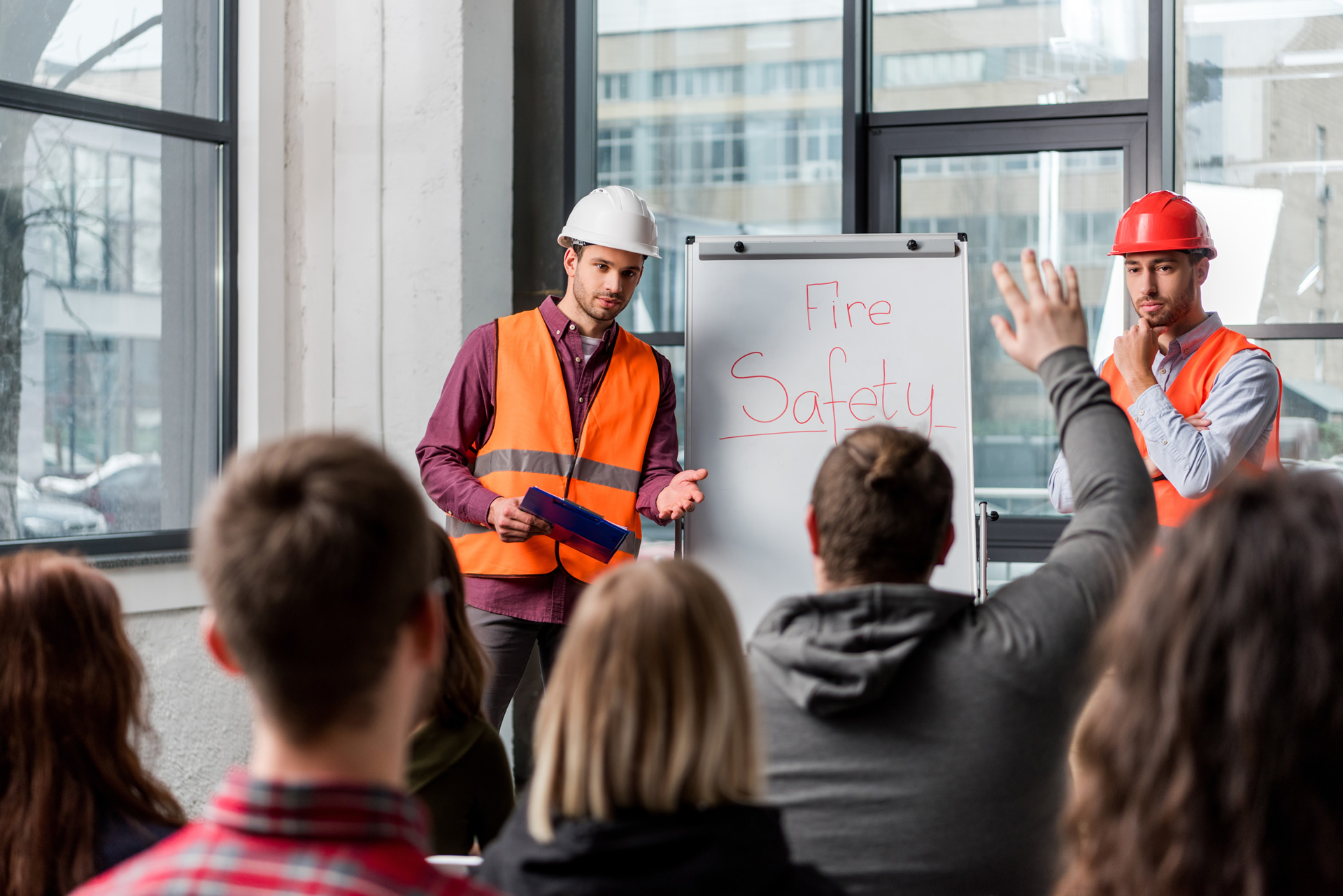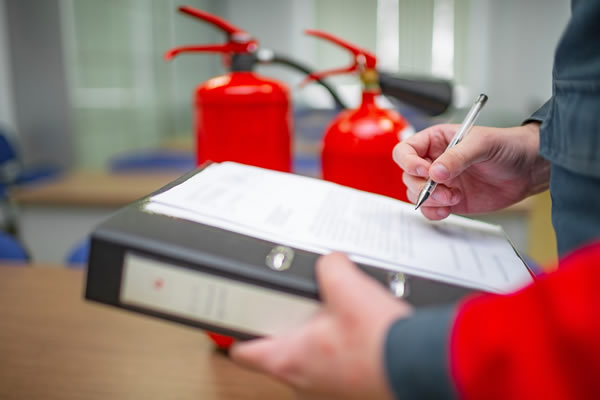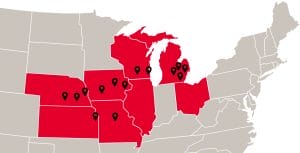
The Most Common Fire Hazards in the Workplace & How to Prevent Them
Every year, fires in the workplace can cause serious damage, injury, and death. You might think that it will never happen to your business, but the only real peace of mind is taking all of the proper precautions.
Below we have outlined the most common causes of fire and how to prevent these fire hazards in the workplace. First, let’s take a look at some statistics just to give an idea of the impact fire has on businesses across the country.
- In 2020, there were 3,500 fire-related deaths in the U.S.
- According to the NFPA, firefighters respond to a fire every 24 seconds in the U.S.
- Fire crews respond to around 37,000 fires at industrial or manufacturing properties annually – most fires were caused by mechanical failures and equipment malfunctions.
- A single warehouse fire causes an average of $128,099 in damage.
The Best Ways To Prevent Fire In The Workplace
Most fires are preventable. Here’s a rundown of some of the best ways to prevent fires in industrial or commercial settings:
- Properly dispose of hazardous waste – oils, chemicals, and other hazardous waste should all be properly disposed of as soon as possible.
- Maintain equipment regularly – everything should be up to code and checked over to a schedule especially in an industrial environment.
- Safe storage – all chemicals and flammable materials should be stored as safely as possible.
- Keep a clean environment – ensure your team cleans up after themselves and hire a cleaner to ensure your business is clean to a professional standard.
- Education & Evacuation – teach building occupants how to handle a fire extinguisher and practice your evacuation plans.
- Make sure your building is secure – implement building security measures such as alarm systems and access control to deter people from committing crimes that could damage your premises, such as arson.
- Have a designated smoking area – a designated smoking area away from the workplace is vital.
- Have accessible, functioning equipment – such as easily accessible extinguishers and properly working sprinklers.
- Have an emergency plan – know who to call, how to stop the fire from spreading, etc. Having practiced emergency fire plans laid out beforehand will make it so much easier.
- Adhere to safety guidelines – know what the safety guidelines are in your area and industry and stick to them.
Causes of Workplace Fires
Every business should adjust its approach to fire prevention based on its unique layout and circumstances. Read on for some of the most common causes of fire and how you can prevent them.
Dust
Dust is everywhere but it is especially prevalent when machinery is used to cut wood, plastic, and metal. If there is a build-up of dust and no proper ventilation, explosions and fires can occur in enclosed spaces.
Extraction fans are a must, and equipment and machinery should be kept free of dust and grease as they can heat up when the machine is in use. Keep everything clean and make sure your workplace is well ventilated.
For all other workplaces, make sure that work areas that have a lot of cords or electrical equipment — such as server rooms — are dust-free.
Faulty Electrical Equipment
One of the most common causes of fire in the workplace is loose cabling and damaged plugs. To prevent this, you should replace faulty equipment ASAP. Equipment should be regularly tested by an expert to ensure it is compliant; procure someone who is certified to come in and ensure that you are not putting your employees in danger with faulty electrical equipment.
Flammable Liquids & Vapors
Industrial warehouses and factories often have flammable liquids and vapors on site, and these, although necessary to business operations, can be a danger if they are not handled properly.
Large amounts of flammable liquid can ignite in a millisecond if they come in contact with a single spark. Flammable liquids and solvents must be properly sealed and stored.
If a flammable liquid is spilled it must be cleaned up right away using the proper cleaning solutions and equipment.
In addition to that, make sure you have safety signs placed in the areas where these liquids are stored and that your team has received safety training so that they know what and what not to do when they are near these chemicals.
Objects That Generate Heat
The heat generated from machinery can be a threat to the workplace, especially if you have combustible materials nearby. It may seem obvious but sometimes workers are in a hurry and leave combustible materials near machinery that gets hot.
Machinery must never be left running or unattended when not in use. When leaving work for the day, ensure employees know that everything should be switched off and cooled down before clocking out.
Untested Fire Alarms
Something as simple as an untested fire alarm could be the reason that your business, even with the smallest fire, goes up in flames. Set up annual compliance testing with a professional to ensure your fire alarms and other life safety equipment are all in full working order at all times. You’re doing so will not only keep your tenants and/or employees safe but you’ll meet the requirements of your local building department, fire inspectors, and even your insurance carrier.
Midwest Alarm provides fire inspections. What are we testing?
- Fire alarms
- Portable fire extinguishers
- Range hoods
- Sprinkler systems
Unmonitored Fire Alarms
Having fire alarms is the bare minimum. While not required, fire alarms with 24/7 monitoring provide the speed necessary to prevent a fire from going from bad to worse. Perhaps nobody is in the building when the fire starts or the folks who are there have been compromised. The Midwest Alarm Monitoring Center is staffed 24/7 with trained professionals who can ensure the fire department is on its way to you with little to no time lost.
Blocked Fire Exits
Your business should be free from clutter and your fire exits need to be accessible. If your fire exits are blocked, this is not only a common fire code violation but it obviously also prevents your employees from being able to escape the building in the case of a fire.
It may not seem like a big deal to set some delivery boxes by the fire exit door until you are able to take them out to the dumpster, but this seemingly minor thing could be fatal to those who are in the building. Plus, one seemingly innocent gesture often leads to others following suit and now it’s not just a few boxes.
Overloaded Power Sockets
This one is easily avoided but is still one of the most common causes of fires. Overloading power sockets is inadvisable. Keeping outlet usage to a minimum will avoid overloading and overheating your power sockets.
We highly suggest using approved power strips if you have a lot of machinery or devices that need to be plugged in. These help control the amount of electricity emitted from the power socket and are necessary when it comes to preventing fires.
Storage of Waste and Combustible Material
Paper, cardboard, and other combustible materials can cause a problem in all types of work environments, offices especially. These materials are the perfect fuel for a fire to spread quickly so you should avoid keeping combustible materials on-site as best you possibly can.
If you do have to keep a lot of paper and cardboard on-hand for fulfillment or other purposes, make sure they are in an area where a fire is unlikely to start, and don’t let them pile up. Use the appropriate recycling containers that are distanced from any heat or fire sources in your building. Label these containers clearly and make sure no one is using them to dispose of things like cigarettes.
Leaving Fire Doors Open
It is very likely that your business has fire doors somewhere on the premises. They are often left open because people want to move things in and out of the building quickly but this renders the doors absolutely pointless if a fire breaks out.
Fire doors are specially designed to prevent fires from spreading and, therefore, keep the building occupants safe while exiting. If these doors are left open, the fire will spread quicker than if they were closed and the risk of someone getting severely injured significantly increases.
It is important that your employees can quickly tell the difference between your fire doors and fire exits. Your fire exits should already be properly labeled but your fire doors might not be. We highly suggest putting up a sign that says something along the lines of, “Fire Door: Leave Closed At All Times.”
Smoking
You can’t stop everybody in your office from smoking, but you can designate a smoking area away from the main building. Make sure this area is clearly marked and has a designated receptacle for employees to dispose of cigarettes into. Make designated smoking areas a clear rule that everybody sticks to and reiterate the importance of extinguishing cigarettes completely.
If you are worried about fire hazards in your building, the first safety step is putting policies in place that prevent fires before they happen. The second step is to ensure that your fire alarm system is monitored, up to date, and functioning correctly. Learn more about fire alarm system upgrades, installation, and maintenance from the experts at Midwest Alarm Systems!



